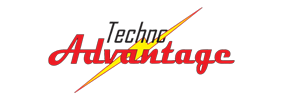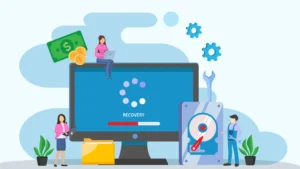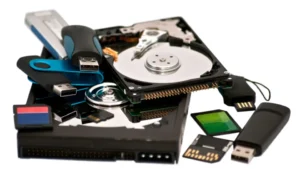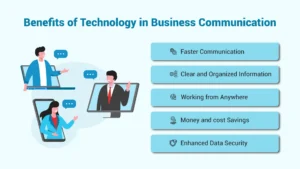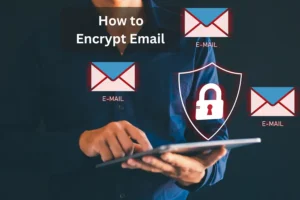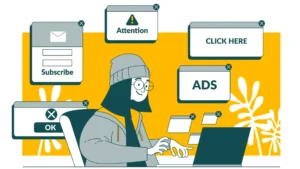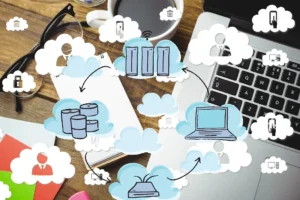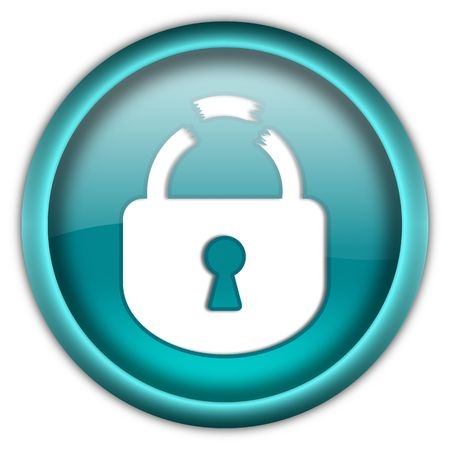 Finding the weak spots in your network.
Finding the weak spots in your network.
Let’s start at the beginning….What is a network? A local area network (LAN) is a network that connects computers and devices in a limited geographical area such as a home, school, office building, or closely positioned group of buildings.
Why Network Security Matters
Networks, because of the sensitive data they contain, are one of the most targeted parts of an organization. Your network security is just as important as securing your web site and other applications.
The Brick Wall Analogy
Imagine the process of developing a secure network as a brick wall. Your wall starts out short enough that it can be easily stepped over. You build it up and make it taller…any intruders would need a ladder to help them climb over. Gradually, you make it stronger and more secure. Eventually…. your wall is high enough that your network is not attractive and too much trouble for hackers to bother with.

No Network is Entirely Secure
Despite your best efforts, no network is entirely secure. Threats can come from anywhere.
Real-World Example: The Ransomware Attack
In a recent article written by SpiceWorks for the Spotlight on IT Blog, they chronicle the arduous recovery process a small healthcare office went through when they were suddenly hit by Ransomware – a cryptovirus that had encrypted a ton of files on the office manager’s computer and two mapped drives on the server. They were essentially being held hostage. A demand for ransom money was made in order for their files to be returned.
Unfortunately, they were not able to restore from a back-up file and they ended up paying a “ransom” of several hundred dollars to have their files unlocked and returned. Read the full article here: We fought a cryptovirus (and the virus won)
This example is a perfect illustration of the importance of backing up and protecting your network.
How Techno Advantage Can Help
The pros at Techno Advantage can help you ensure that you are well protected.
3 Things to Monitor for Better Network Security
Here are 3 simple things you can evaluate and monitor to help keep your network secure.
1) Weak or default passwords
Strong passwords are a must! We suggest you change and test for weak passwords regularly and consider using a password management tool. You could also implement intruder lockout after a defined number of failed login attempts.
2) USB Drives
These tiny portable devices are one of the most common ways a network can get infected from inside a firewall. To better protect your network, have policies in place regarding these devices including who can use them and in what places.
3) Mobile Devices
Mobile devices are becoming very commonplace and like it or not may pose some of the greatest risks to web security. Think about all the e-mails containing sensitive login information that you have stored on your phone, tablet or laptop.
One of the ways to combat this would be to instill clear data management rules for all employees and make data encryption part of your security policy.
Network Vulnerability Management: An Ongoing Process
Network vulnerability management should not be seen as a one-time, or even periodic, health check. Instead, it should be viewed as an ongoing, standard IT process.
Partner with Techno Advantage
If this all sounds confusing and scary…not to worry! Techno Advantage wants to be your full service IT partner and consultant. Call us today to discuss your concerns. 317-857-0150
